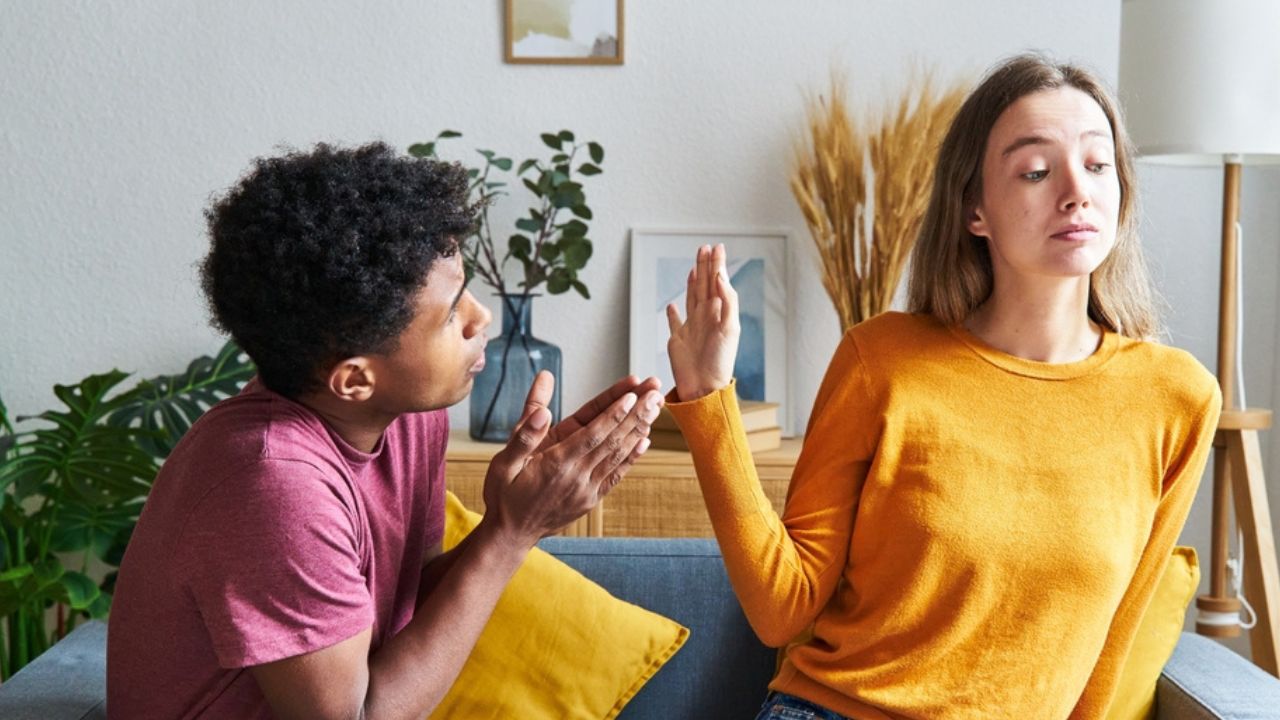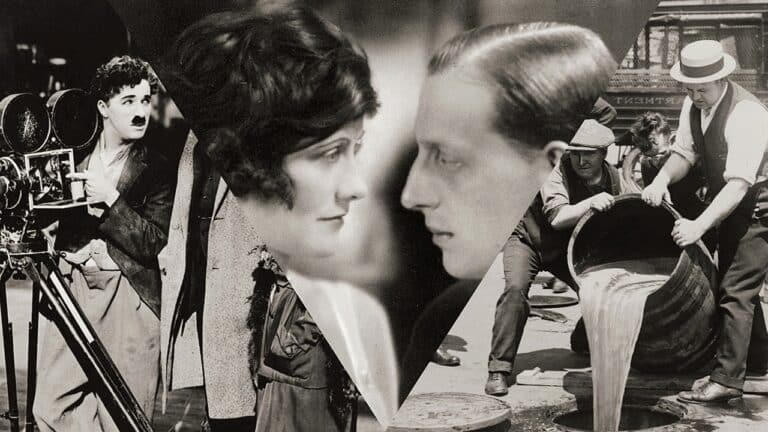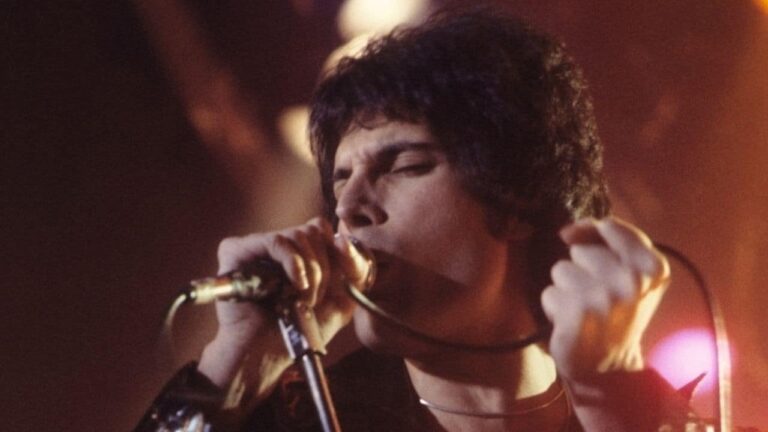Most People Don’t Say ‘Please’ Anymore

Despite everyone being taught from a very early age to say it when asking for something, a new study has found that not most people don’t say “please” very often.
According to a new paper from a team of sociologists at the University of California, Los Angeles (UCLA), only 7% of respondents of all ages used please when requesting something.
The research suggests that people are not saying please as much as they used to and that strict codes of manners may not be as polite as many think they are.
Please Is Not the Magic Word

UCLA researchers Andrew Chalfoun, Giovanni Rossi, and Tanya Stivers analyzed 17 hours of video from more than 1,000 participants interacting with friends, family, and colleagues. They recorded how often each person said please and the circumstances in which they did.
Chaulfon, Rossi, and Stivers expected women to say please much more than men. However, they discovered that men say please the same amount as women during roughly 6-7% of requests.
Both men and women tend to say please when asking men for something. However, regardless of gender, race, religion, or socioeconomic background, said please in less than one in ten interactions.
Children Have Better Manners Than Their Parents

Surprisingly, kids say “please” more regularly than their parents do, especially when speaking to adults, and tend to say “please” about 10% of the time when asking an adult for something.
Their parents, however, only said please when asking their kids for something 8% of the time, according to the study.
Speaking to Yahoo, Andrew Chaulfon, co-author of The Magic Word? Face-Work and the Functions of Please in Everyday Requests said that although there isn’t much data that “gives a sense of how the rate [of people saying please] may have changed over time. he suspects that it “isn’t a recent development.”
Please (Do What I Want)

Chaulfon also found that please was just as likely to be used to apply pressure as it was out of politeness. The team discovered that in about half of the instances they recorded when someone said “please,” they were attempting “to overcome resistance or willingness” to comply with a request. “A lot of ‘please’ is used to pressure the other party to comply,” he explained.
During the study, a daughter was seen asking her mom to “please” buy her a dress after her mother said no. Chalfoun cited this example of how many “often think about ‘please’ as [a word] we use when requesting that we shouldn’t be making, but we’re going to do it anyway.
Peer Pleasure to People Please

“It’s acknowledging the fact that it’s kind of a problematic thing to be asking, but it’s still basically us prioritizing our own needs,” Chalfoun explained. “That’s why we don’t think of [‘please’] as a paradigmatic [or standard] politeness token.”
Speaking to Yahoo, Vanessa Bohns, a professor of social psychology at Cornell University, said that please can be used to pressure others into doing things because of the discomfort they feel when they have to say no.
“We know that people find it hard to say no to requests because it is impolite to do so,” Bohns said. “By adding please to a request, the asker is essentially reminding the target of those politeness norms. It is essentially saying to the target of the request: ‘Remember your manners.'”
Is Saying Please Polite?

Although please is considered polite, the study found that this is not always the case and can often be used as a strategic tool when merely being patient would be more courteous.
Chalfoun suggested that a strict code of manners in which you expect people always to say “please” and “thank you” and never say “no” and only “no thank you” does not result in polite behavior.
“It’s not necessarily the most helpful thing to try to get people to follow really strict rules about what’s good behavior and what’s bad behavior. Rather than trying to get kids to follow a code of rules, we should push for thinking about what it means and look at broader principles,” Chalfoun said.





